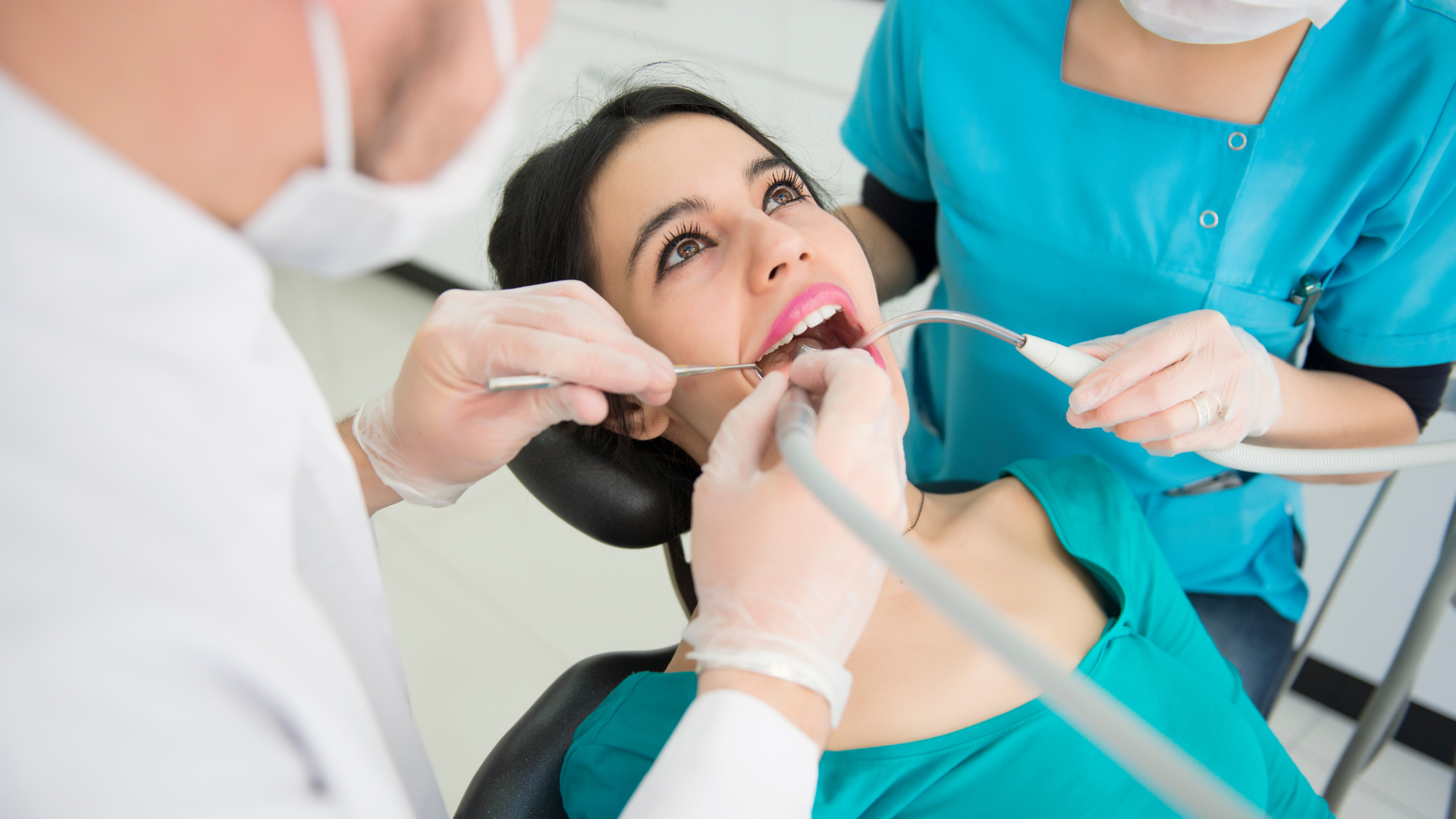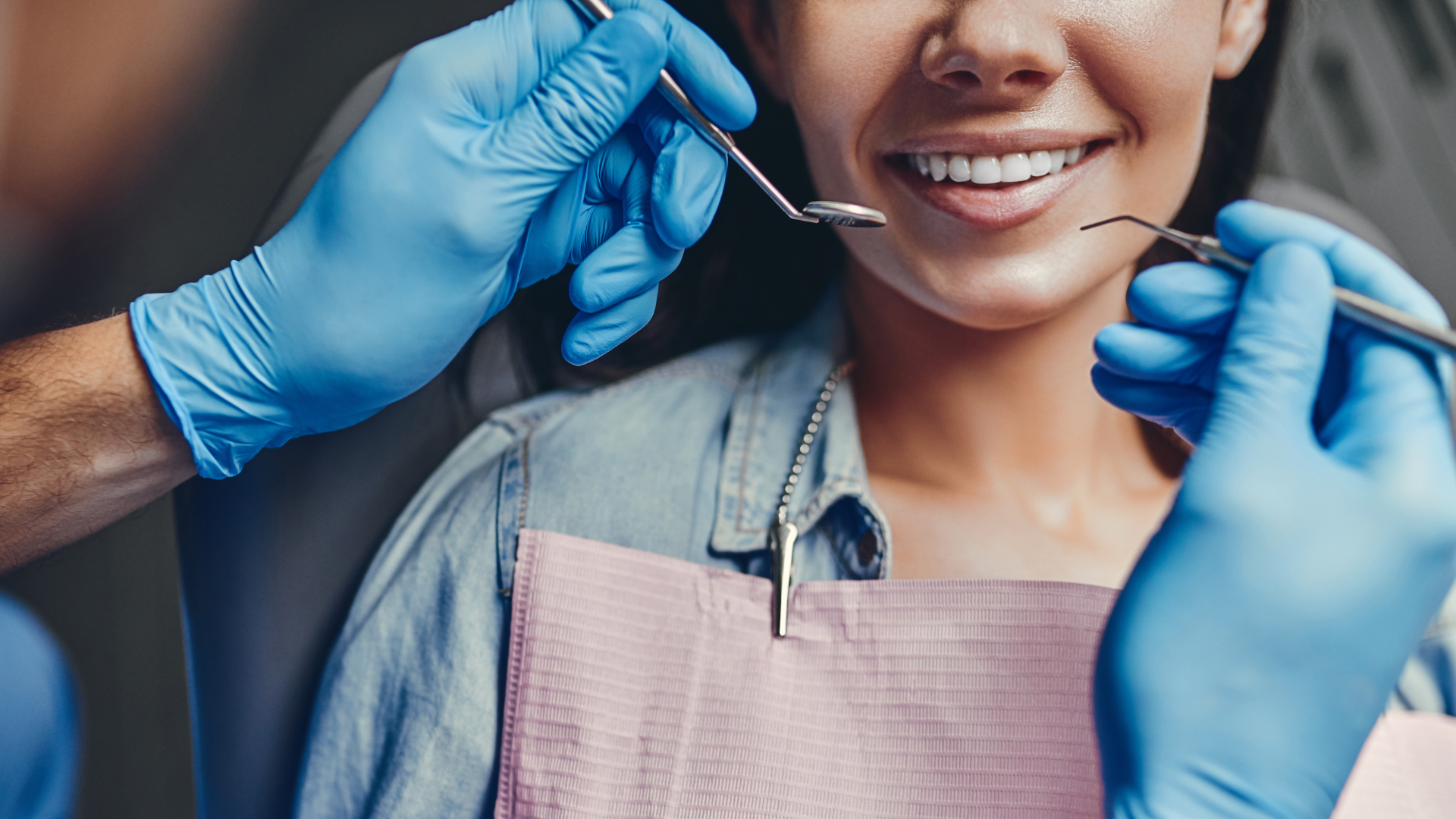Your Dental Examination and What to Expect
Introduction
Regular clinical dental examinations are crucial for maintaining optimal oral health and preventing potential dental issues. These examinations go beyond a simple check-up and encompass screenings for oral cancer, decay, bite evaluation, movement disorders, and breathing disorders. In this article, we highlight the importance of clinical dental examinations, their frequency, and the comprehensive screenings they include to ensure your oral health is in its best possible condition.
The Power of Clinical Dental Examinations
Clinical dental examinations are the foundation of preventive dental care. They involve a thorough assessment of your oral health by a skilled dentist or dental professional. These examinations help identify any existing dental problems, detect early signs of oral diseases, and address potential issues before they progress.
Screenings for Oral Cancer
Oral cancer screenings are an integral part of clinical dental examinations. Your dentist will carefully examine your oral tissues, including the lips, tongue, cheeks, gums, and throat, for any abnormalities or suspicious lesions. Early detection of oral cancer significantly improves treatment outcomes and increases the chances of a full recovery.
Decay Detection and Prevention
During a clinical dental examination, your dentist will assess your teeth for signs of decay, cavities, or enamel erosion. X-rays may be taken to reveal hidden decay between teeth or under existing restorations. By identifying decay early on, your dentist can recommend appropriate treatment to prevent further damage and restore your oral health.
Bite Evaluation
An evaluation of your bite, also known as occlusion, is an essential component of a clinical dental examination. Your dentist will assess the alignment of your teeth, jaw joint function, and any potential bite abnormalities. Identifying bite issues early helps prevent tooth wear, temporomandibular joint disorders (TMD), and associated discomfort.
Evaluation of Movement Disorders
Dentists also evaluate movement disorders related to the jaw, such as bruxism (teeth grinding) or temporomandibular joint disorders (TMD). These conditions can cause jaw pain, headaches, and tooth damage. Early identification allows for appropriate treatment, including bite splints, lifestyle modifications, or orthodontic interventions.
Screening for Breathing Disorders
Clinical dental examinations may include screenings for breathing disorders such as sleep apnea. Your dentist will evaluate the airway, tongue position, and other factors that contribute to breathing difficulties during sleep. Early detection of breathing disorders allows for timely intervention and improved sleep quality.
Frequency of Clinical Dental Examinations
It is generally recommended to have a clinical dental examination every six months. However, the frequency may vary based on individual oral health needs and specific conditions. Your dentist will determine the optimal examination schedule for you, considering factors such as your oral health history, risk factors, and any ongoing treatments.
Diagnosis, Consultation, and Treatment Planning: Building the Path to Optimal Oral Health
Diagnosis, consultation, and treatment planning are essential steps in the dental care journey, providing a solid foundation for achieving optimal oral health. During the diagnostic phase, a dentist carefully assesses your oral condition, identifies any existing dental issues, and gathers vital information to develop a personalized treatment plan. In the consultation phase, the dentist communicates the diagnosis, listens to your concerns and goals, and collaborates with you to determine the most appropriate treatment options. Finally, in the treatment planning phase, the dentist outlines a comprehensive roadmap, considering factors such as your oral health needs, preferences, timeline, and budget. This thorough process sets the stage for successful dental treatments and helps you make informed decisions about your oral health, ensuring a brighter and healthier smile for years to come.
Conclusion
Clinical dental examinations are vital for maintaining optimal oral health and preventing dental issues. By scheduling regular examinations, you can receive comprehensive screenings for oral cancer, decay, bite evaluation, movement disorders, and breathing disorders. These screenings, coupled with early detection and preventive measures, empower you to achieve and sustain a healthy, beautiful smile. Remember, your oral health is a lifelong journey, and regular clinical dental examinations play a crucial role in safeguarding your overall well-being.
Bernardo Hills Dentistry
11665 Avena Pl # 105, San Diego, CA 92128, United States
(858) 877-9307
Hours & Address
Monday: 9:00 am - 6:00 pm
Tuesday: 9:00 am - 6:00 pm
Wednesday: 8:00 am - 5:00 pm
Thursday: 7:00 am - 5:00 pm
Friday: 7:00 am - 3:00 pm
Saturday-Sunday: Closed
Navigation Links
Hours & Address
Monday: 9:00 am - 6:00 pm
Tuesday: 9:00 am - 6:00 pm
Wednesday: 8:00 am - 5:00 pm
Thursday: 7:00 am - 5:00 pm
Friday: 7:00 am - 3:00 pm
Saturday-Sunday: Closed
Navigation Links
Hours & Address
Monday: 9:00 am - 6:00 pm
Tuesday: 9:00 am - 6:00 pm
Wednesday: 8:00 am - 5:00 pm
Thursday: 7:00 am - 5:00 pm
Friday: 7:00 am - 3:00 pm
Saturday-Sunday: Closed
Navigation Links
Bernardo Hills Dentistry | All Rights Reserved



